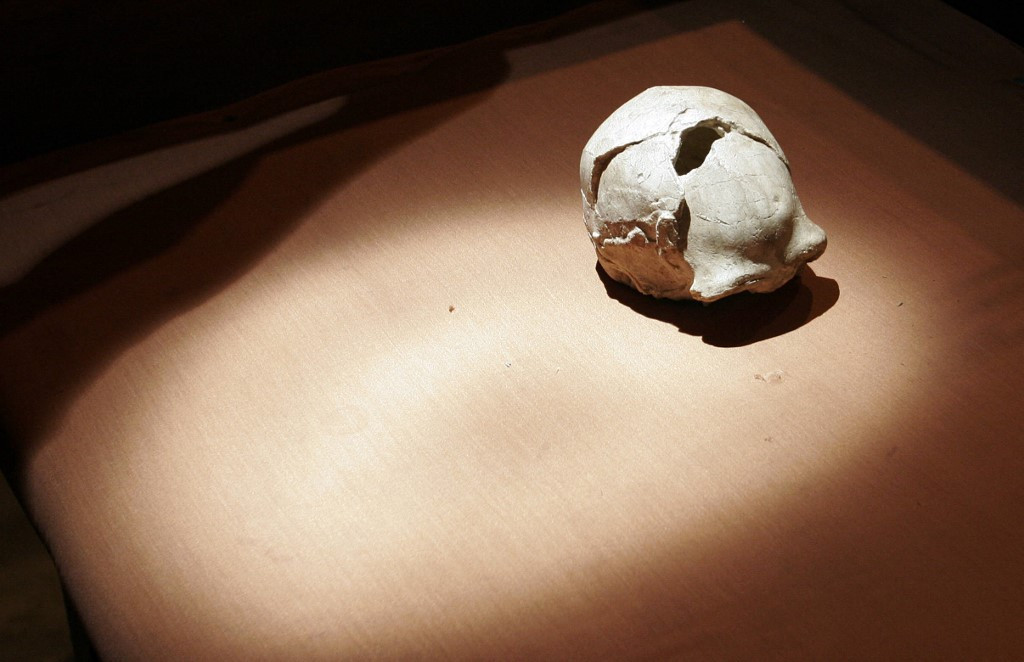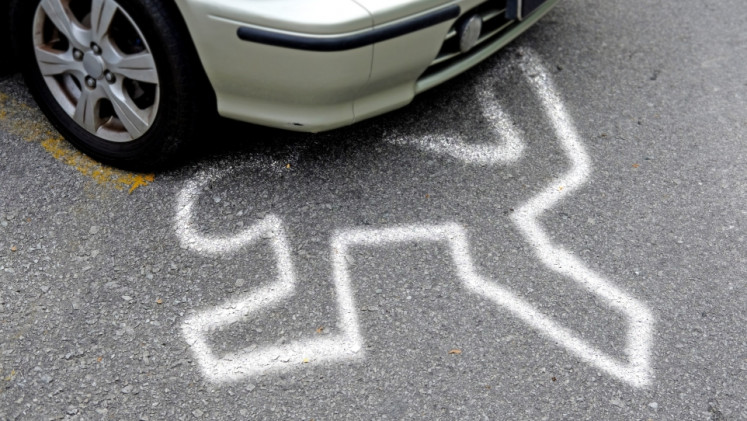Popular Reads
Top Results
Can't find what you're looking for?
View all search resultsPopular Reads
Top Results
Can't find what you're looking for?
View all search resultsDutch to return 'Java Man' fossils to Indonesia
The Dutch plan to hand back some 28,000 fossils of the "Dubois Collection" looted by anatomist and geologist Eugene Dubois in 1891, when Indonesia was still a colony of the Netherlands.
Change text size
Gift Premium Articles
to Anyone
T
he Netherlands pledged on Friday to return to Indonesia the remains of "Java Man", the first-ever "Homo Erectus" unearthed by modern scientists in a landmark discovery for human evolution.
The Dutch plan to hand back some 28,000 fossils of the "Dubois Collection" looted by anatomist and geologist Eugene Dubois in 1891, when Indonesia was still a colony of the Netherlands.
They include Java Man's skull cap, molar and femur that form part of evolutionary history -- providing the first established link between apes and humans.
Using convict labour to do the heavy lifting, Dubois excavated the remains in what became the most sensational ever find in fossil hunting.
The discovery enabled scientists to reconstruct "Homo Erectus" -- or "upright human" -- who lived from around 1.9 million years ago to about 150,000 years ago.
The find also sparked fierce controversy, partly because it challenged the idea that human civilisation only emerged in Europe and Africa.
The Dutch Independent Colonial Collections Committee recommended that the historic pieces be returned to Indonesia, as they were taken without permission.
"The circumstances under which the fossils were obtained make it likely that they were taken away against the will of the population," said the Dutch culture ministry in a statement.
"Fossils were of spiritual and economic significance to the local population," added the ministry.
Indonesia declared independence in August 1945 after three centuries of Dutch rule.
Dutch recognition took place in 1949 after four years of fighting.
The Dutch are gradually handing back treasures looted during its colonial era.
Earlier this year, the country returned 119 precious ancient sculptures to Nigeria.
The priceless "Benin Bronzes", metal and ivory sculptures dating back as far as the 16th century, were stolen from the former kingdom of Benin more than 120 years ago.









